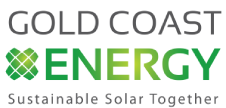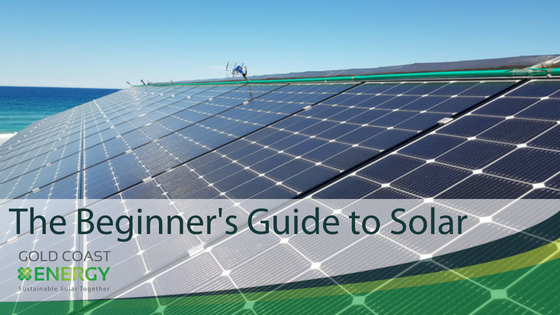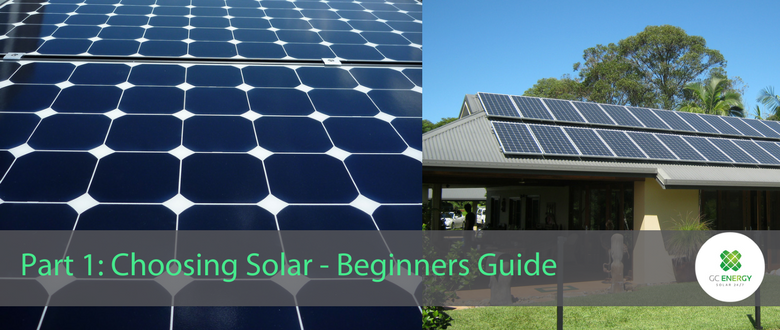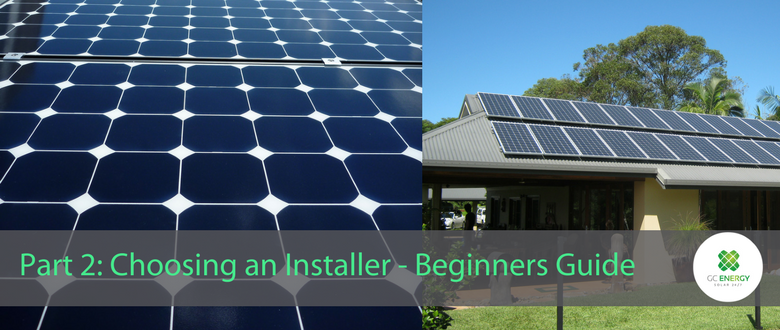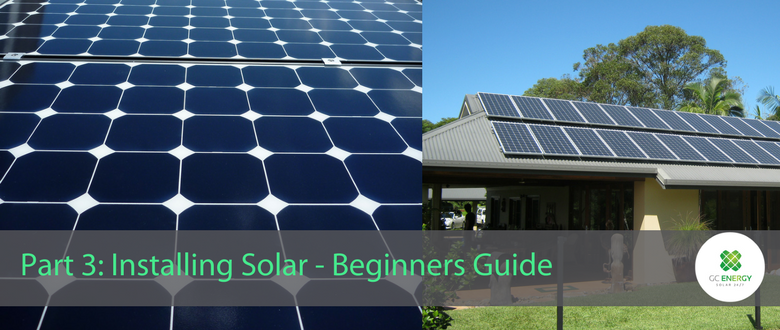THE BEGINNER’S GUIDE TO SOLAR ENERGY
Thinking of starting your solar journey? Read through this Beginner’s Guide to Solar Energy before purchasing a solar power system. This will ensure you have considered every criteria before making the switch to solar!
Why Choose Solar Energy?
As mentioned in our most recent blog post, the price of electricity is continuing to rise and has been for the past 10 years. With increasing tension on utility bills, solar investment is one way you can ease the financial strain on you and your family without having to sacrifice comfort. Broken down simply, the major 3 benefits of solar are:
Reduce your electricity bill: By harnessing the energy created from the sun, you only need to draw on the electricity stored in the grid when needed. Even this can be avoided with the advancing popularity and technology of solar batteries. With solar batteries, you can store your solar energy and become self-sufficient.
Go green: Using renewable energy significantly reduces your home or businesses greenhouse gas emissions.
Put safety first: Solar energy is a completely safe and reliable source of energy. As long as the sun is shining, you will have clean electricity in your home or business.
Now that you understand the main benefits from solar energy, here are some things that you will need to consider before purchasing a solar system.
Electricity Consumption
You will need to assess your household electricity consumption. Consider whether solar is a worthwhile investment for you and your family. Gold Coast Energy is more than happy to help you in assessing whether solar investment will save you money.
Types of Solar Systems
It can be difficult for anyone to wrap their head around the technical aspects of a solar system. This alone can be enough to deter people from purchasing. For this reason, it is important to know the exact type of system you require and why that is the case.
A Solar PV system has two main components:
- The mounting frame which will support the Solar Panels (this is installed onto your roof)
- The Solar Inverter, which will convert the direct current (DC) to alternating current (AC). This is what will be used in your home as electricity.
There are three types of Solar PV systems available:
- Grid-connected Solar: These systems are the most commonly installed within Australia.
- Grid-connected Solar with battery backup: Due to advancing technology, this option is becoming more popular among new installers. By installing a solar battery, you can enjoy an uninterrupted power supply. This means you can use your stored solar energy at night (when usage is usually the highest) without impacting on your electricity bill.
- Stand-alone Solar: These systems are most commonly installed in remote areas. These systems do not connect to the electricity grid.
Prices
Currently, installing a Solar System for your home is now the most affordable it has ever been. It is most common to purchase the system up front to finance it. Gold Coast Energy currently provides market leading finance options.
No solar system is the same, as there are many variables that will impact the cost of your system. These variables can include the size or type of system, framing requirements, whether roof access is required etc.
A Gold Coast Energy expert will visit your home or business offering a free assessment and quote.
Feed-in Tariffs
Feed-in Tariffs reflect how much money you will be paid for every kilowatt of energy that your system feeds back into the electricity grid. Your home will use the energy it produces first, with any excess electricity being fed back into the grid. Feed-in tariffs vary from state to state and from different electricity retailers.
To identify your feed-in tariff, contact your electricity retailer directly. To access the best feed-in tariff rate possible, shop around to see which electricity retailer is offering the best rate.
Now that you know what system you need and how it will work, it is time to choose a solar installer.
